“I wear a hijab (headscarf) and I’ve never felt scared or had a feeling of apprehension while going out thinking I’ll lose out on an opportunity because of one piece of cloth. I’ve given interviews, got a job, taught kids abroad, studied at a prestigious university all wearing a hijab. But the day I heard about the Hijab Ban in Karnataka, a part of my country, I had a sinking feeling and I cried for hours. If they can be deprived of education because of the hijab, the day is not so far that I’ll be deprived of opportunities too. I feel so unsafe. I am always anxious now when I go out thinking someone will stop me at the metro or someone will ask me to remove my hijab to frisk me or to enter a certain institution (this has never happened before). This does feel like social exclusion. I’m scared for my sisters, my friends, everyone who chooses to wear a Hijab,” says Nazia Khan, a student in Delhi.
Social exclusion is a process that involves denial of rights and opportunities which a section of the society enjoys, resulting in the inability of individuals from excluded groups to participate in the basic political, economic and social functioning of the society. This enforces inequality, human poverty and deprivation. History has witnessed several instances of social exclusion in terms of colour when blacks were discriminated against in major areas of their lives – unfortunately, it still prevails in some places. Social exclusion can impact different areas of an individual’s life. Caste, religion, gender, class, body image, colour of an individual, mental health, family dynamics are some crucial areas where social exclusion prevails.
Caste and class exclusion
Social exclusion can lead to an increased risk of mental health issues, due to stress arising from decreased opportunities, living circumstances and political environment. It leads to difficult coping mechanisms and impacts the self-esteem of an individual.
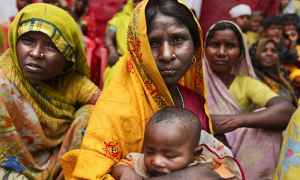
Social exclusion not only deprives the individual of their rights but also adds to issues about their mental well-being. “Being an Indian Muslim, a minority community which is at the receiving end of exclusion, we face systematic discrimination at different levels. Muslim-dominated areas lack basic amenities like government schools, colleges, hospitals and banks. It makes a huge impact on our lives. It reduces the opportunities for us to develop socially and economically. It made us believe we can’t enjoy all government facilities as the majority community does. We don’t have an equal stake in the national resources,” says Waquar Hasan, a Delhi-based Journalist.
“Social exclusion can do significant harm to a person’s mental health. I recently read the first-person account of a Dalit student pursuing a PhD, who had been routinely derided and insulted by the very institutions and people who were supposed to guide that student. This had a severely detrimental effect on the student’s psyche and made their task of pursuing higher education an uphill battle. It shouldn’t be that way. We need to not only be cognizant of socially deprived groups but take a step further and work proactively for creating inclusive environments that celebrate diversity and nurture equity,” says Bhaswati Ghosh, an author and translator.

Social exclusion and its impact on mental health
“The systematic denial of rights, benefits, facilities, opportunities and resources is seen often in a country like ours that is constantly evolving socio-economically. The power of the voice makes people question and fight for social integration and upholding the basic human dignity of choice. Recent examples of the “hijab order” or the lack of oxygen & life-saving medicines in certain states of India showed how the system collapses on itself as the borrowed identity of society structures influence stereotypes and prejudices. The way exclusion is carried forward, creates trauma and deep-rooted trauma bonds that we as therapists see a manifest increased risk of mental health difficulties, such as the result of stress or managing on a low income, living circumstances, local environment, discrimination and decreased opportunities for positive self-esteem. Most evidently seen in family and relationship therapy in my experience for the past 7 years. The social exclusion faced by one generation leaps into the mindset of the other and with a deeper understanding of family systems and emerging trauma bonds. I work with individuals and families to change the prejudices and stereotypes and facilitate a new sense of self-esteem in them throughout therapy,” says Aarti Ahuja, Holistic Psychologist and Founder of Tatava Connect.

Disability exclusion
Social exclusion is closely related to the mental well-being of an individual. People with severe mental illness have a high risk of experiencing social exclusion from mainstream society. “In the case of children with disabilities, as a person managing school, I have witnessed many parents trying to get their kids admitted to schools which are not designed to handle such children. However, out of their insecurities, parents want their children to study with commonly-abled children. Neither the teachers are trained to handle such children nor the parents accept the reality (under the pressure of society) that the child requires specially trained teachers. So the first thing is that the parents should accept their child as the child is. They should feel proud of the child, with whatever abilities the child is born with. They should not feel shy or ashamed of sending their kid to those schools which are specially designed to handle such children and their needs. The infrastructure is also according to the child’s needs and requirements. These special schools can even help the child to overcome many of the disabilities and lead a better life. A child doesn’t know that it is differently-abled, neither does it feels insecure or inferior. It is through the parent’s behaviour, words, the expression that the child starts getting the feeling of being inferior. So the health infrastructure should be designed in such a way that at the time of birth only if the disability is identified then the parents should be made to undergo major mental health training. Such training should be mandatory. There should be a special department in Government or a ministry to transform the overall societal acceptance and importance of mental health,” says Amit Monga, Manager, Sunrise Public School.
Gender exclusion
Gender is inter-linked with social exclusion. Women are often socially excluded from mainstream opportunities. Due to the patriarchal nature of the society, women, in general, have felt excluded from various opportunities and the concept of double exclusion also takes place when caste is involved. If a woman belongs to a minority class then caste and gender both enforce social exclusion at some level. It is pertinent to understand the impact social exclusion has on the mental health of an individual.
“I believe social exclusion starts from our families and we are more prone to this as women. I have experienced this in my own life. Women tend to have an almost negligible say in family affairs. How does a woman assert herself in later years when she never got a chance at home. Social exclusion has a very deep impact on mental health, it makes one develop feelings of unwanted and uselessness. It puts one in a deep well where there seems no escape,” says Ramsa Jaan, an entrepreneur.

“Social exclusion affects a person’s decisions and choices in both professional and personal life; where growth and development in those aspects may take a back seat and the need for acceptance and assimilation may loom large in all of our lives. I had my first tryst as an army kid moving from place to place every 2-3 years, changing schools, neighbourhoods, friends and everything familiar more frequently than anyone else. It was like drifting through faces that constantly changed. The exclusion that emerged out of that life was dulled by the close bonding in army circles but in the non-army population, no one wanted to befriend, take a stance for and invest in a person who would not be there after a year or two,” says Urmila Chanam, a menstrual health activist, journalist and social entrepreneur in women’s health and empowerment.
In terms of the sexuality of a person, social exclusion can leave a deep scar on the psyche of a person. “Social exclusion does not only damage the identity of a person, but it also damages the entire community. We see people discriminated against for the way they look and the way they make their living. I have been a victim of social exclusion myself and I know how traumatizing it can be because I felt it was my safe space, but it never was. When I opened up about my sexuality to my friends and family, I felt socially excluded from them,” says Aayush Sharma, who is a journalist by profession.
“Ostracism has paved its way in almost all the domains of the society & honestly, it could be best implied as escapism & shunning away from the responsibilities. Patients with severe mental illness or patients with intellectual disabilities, who are deprived of basic amenities & care by their family members are often seen wandering around in misery. Somewhere, there is a sheer lack of concern & negligence towards them however, nobody shies away from putting a label across without even assessing the reality & magnitude of the situation. Similarly, we have people from the LGBTQIA+ community who are ostracised based on their choices for life, otherwise known as human rights for any individual of this society but not for them. This is nothing short of an astonishing discernment.
A special case came to me of a patient who had been suffering from mental health problems after being neglected by her family for years together. Why it is special because she also was not satisfied with her assigned gender & wished otherwise. This specific situation added fuel to the fire among family members. They rather thought of this issue as a part of her mental illness and failed to acknowledge it. Let alone she was given an ultimatum to have been renounced of her family title. Here, there are two cumulative situations – one having suffered from serious mental illness & another about the choice of her gender. What could be worse than being ostracised at this point?” says Dr Ankita Priyadarshini, a mental health professional and Psychiatrist.


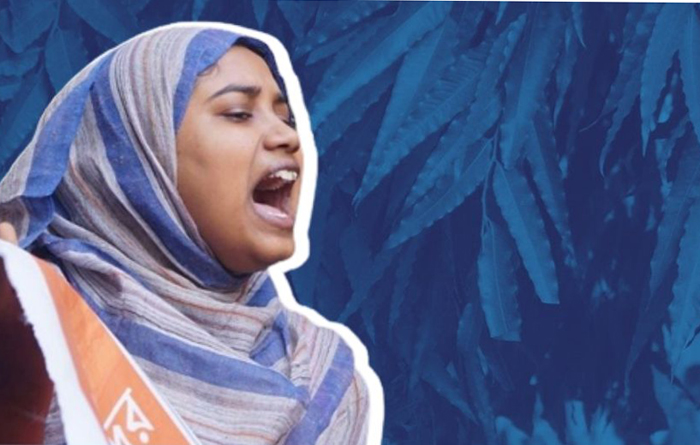
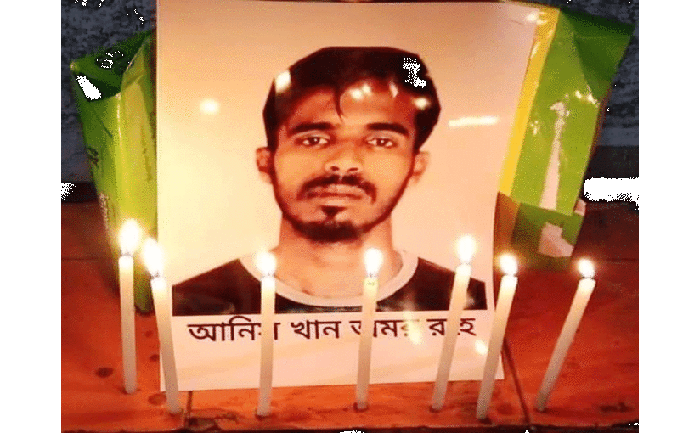
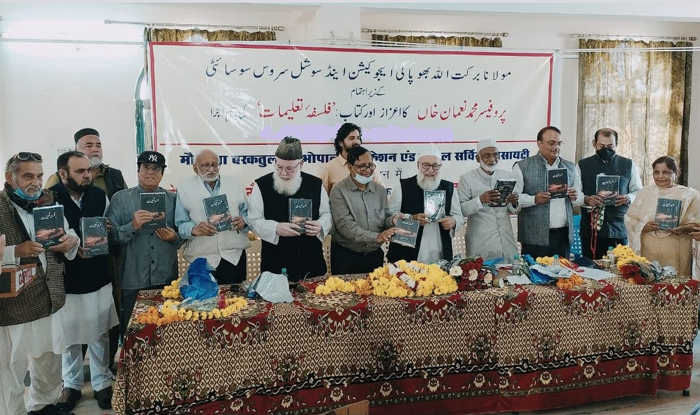
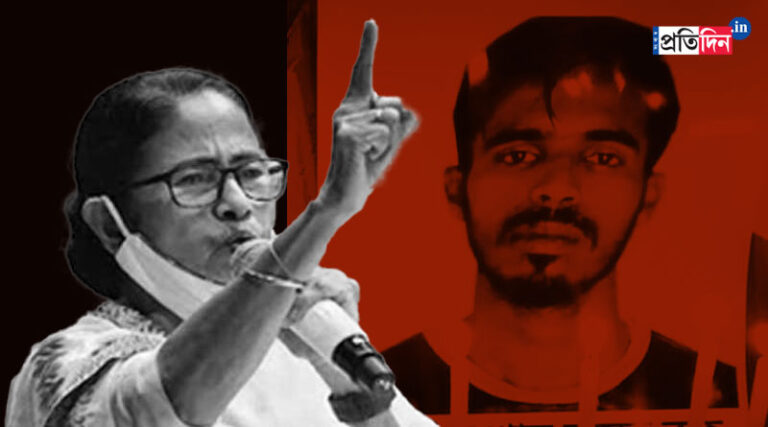
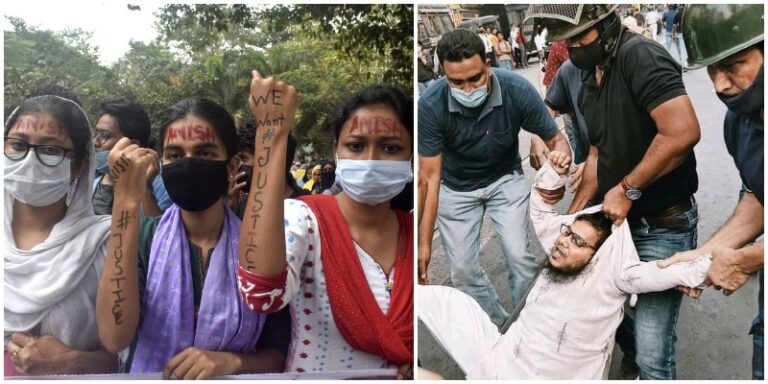
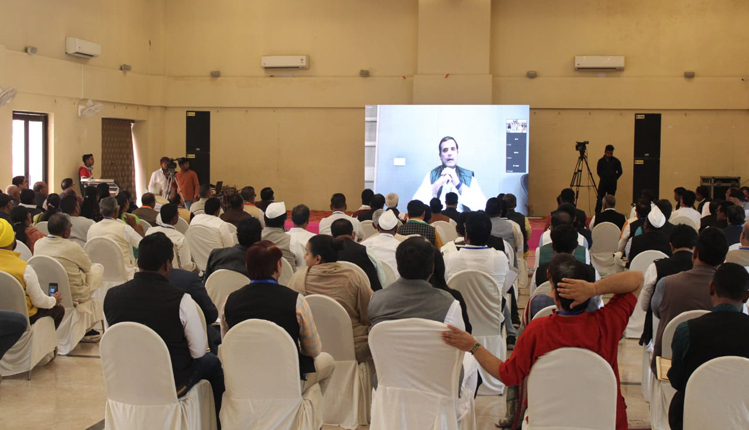


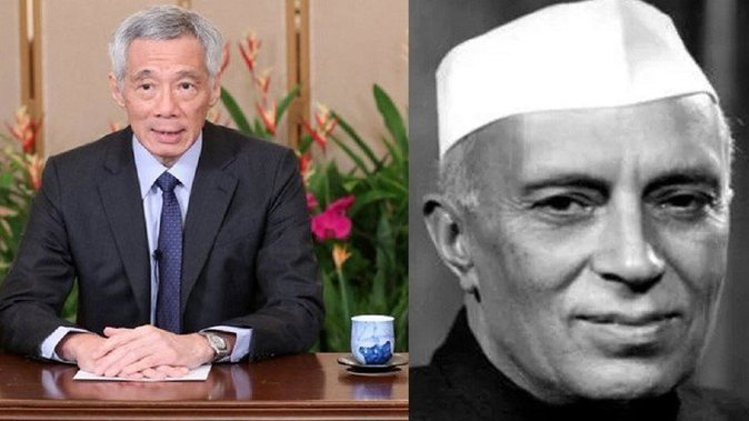
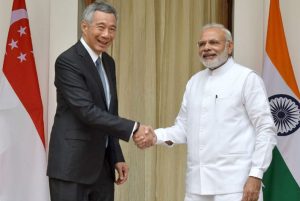 سنگاپور کو انڈیا پر بات کرنے کا کوئی حق نہیں
سنگاپور کو انڈیا پر بات کرنے کا کوئی حق نہیں